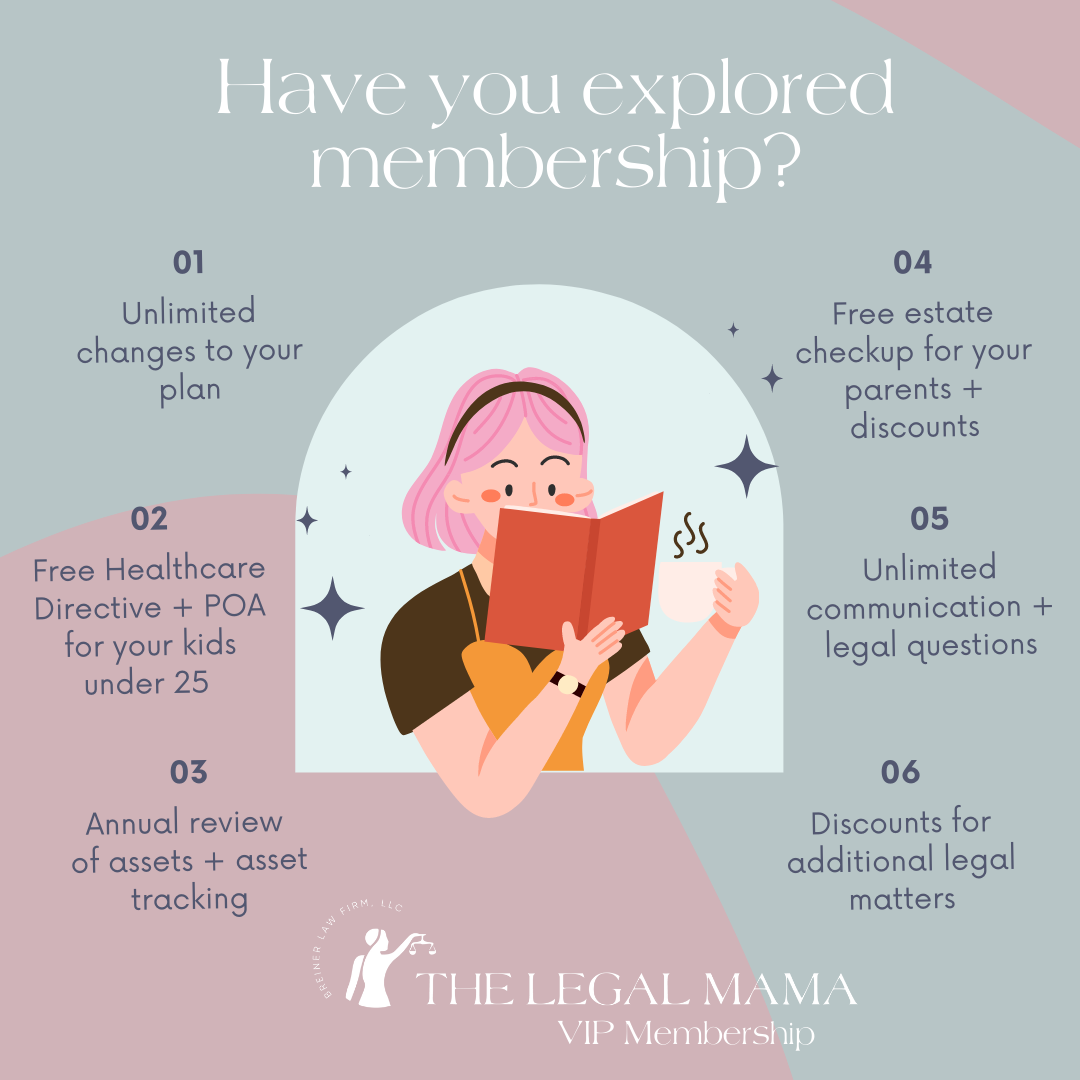Building Family Unity Through Giving
Nov 24, 2021
Many families choose to spend their Thanksgiving Holiday volunteering at soup kitchens, food pantries, or other shelters. While this is a great time of year to do so, we know that these facilities are overwhelmed with volunteers during the holiday season and then in great need of volunteer and monetary support the rest of the year when families have gone back to their day-to-day lives. Volunteer work such as this is such a great way to teach your children gratitude, financial responsibility, and to recognize there are many in need this week and all year round.
Volunteering and giving are great opportunities to build family unity. Bob Graham, Founder of the Namaste Foundation has discussed that in his career as a CPA he worked with clients who had inherited wealth. “I noticed the tremendous insecurities many had,” says Bob. “They lacked confidence in their ability to earn money on their own and were fearful of losing money – almost to the point of being incapable of managing it or even of responding to professional advice.” When he founded Namaste, he involved his children in the operations and later management so that they would learn financial and social responsibility. One of the gifts he gives his children at the holidays is a sum of money that they are then required to give to a charity of their choosing.
Here are some guidelines to keep in mind when gifting to charity this season:
Household items.
These must be in good condition or better in order to qualify for a deduction, unless you are donating an item with a value of over $500 and have a qualified appraisal. If the value of your donated household items exceeds $250, you must have a written receipt from the charity that describes the items. If the total of your non-cash contributions exceeds $500, you will need to complete a Form 8283 and attach it to your tax return.
Money.
You must have a written receipt or bank statement for any donation of money to a charity, regardless of the amount. You can gift via cash, check, credit or debit card. If you donate via credit card in December but don’t actually pay that off until January, you can still take the deduction on your 2019 tax return. If you donate via payroll deduction, you’ll need a W-2 wage statement or other documentation from your employer that shows the total amount donated in 2019.
Qualified charity status. Only eligible charities qualify for a deduction. You can check the eligibility on the IRS website by going to https://apps.irs.gov/app/eos/
Here are guidelines when gifting to your own family members this season:
Annual exclusion.
You are allowed to gift up to $15,000 in cash, property or other assets to any one person without having that count toward your lifetime gift tax exemption. If you are married, you can donate up to $30,000 as a couple to as many people as you want, as long as the total given to each does not exceed $30,000. You do not even have to be related to the recipient. Plus, limits on gifts to spouses don’t apply.
Funding for college plans.
Contributing to a child or grandchild’s college education is a gift that keeps giving forever. Contributions to a Section 529 education savings plan can be made up to the annual exclusion amount as well. Money in these plans grows tax-free and is allowed to be withdrawn tax-free as long as the funds are used for educational purposes.
Other gifts.
If you pay someone’s tuition or medical expenses (including health insurance premiums) directly to the service provider, this will not count against your annual exclusion or lifetime gift tax exemption. As long as it is paid direct to the provider, you won’t have to file a gift tax return.
These are all great options, especially for grandparents looking for a productive way to gift to their children or grandchildren. There are also constructive ways to use gifting to reduce a taxable estate!
Once you finish your planning, membership will help you keep your plan up-to-date. Membership also offers loads of perks like unlimited communication on your legal needs and more. Just one more way Legal Mama goes above and beyond as your Personal Family Lawyer for Life!

Next ONLINE Webinar:
This article is a service of Sarah Breiner, Personal Family Lawyer®. We don’t just draft documents; we ensure you make informed and empowered decisions about life and death, for yourself and the people you love. That's why we offer a Family Wealth Planning Session,™ during which you will get more financially organized than you’ve ever been before, and make all the best choices for the people you love. What is a Personal Family Lawyer®? A lawyer who develops trusting relationships with families for life.
You can begin by contacting Sarah today to schedule a Family Wealth Planning Session.
Stay connected with news and updates!
Join our mailing list to receive the latest news and updates from our team.
Don't worry, your information will not be shared.
We hate SPAM. We will never sell your information, for any reason.






